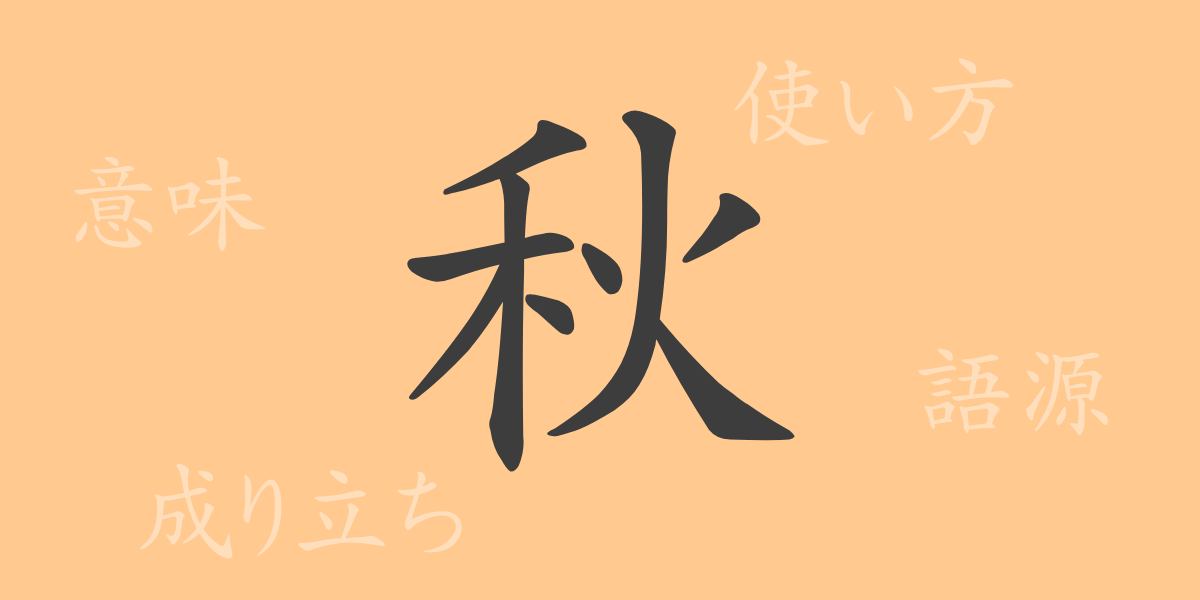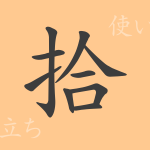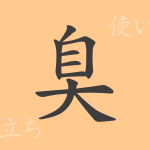In Japan, a country that experiences the beauty of all four seasons, “秋(あき)”—Autumn—holds a special place, influencing numerous works of literature and art. Referred to as the season for reading, eating, and sports, Autumn is deeply rooted in the hearts of the Japanese people. This article will focus on the commonly used kanji “秋(あき),” exploring its origins, meanings, uses, readings, and related idioms to fully grasp the essence of Autumn.
Origin of 秋(あき) (Etymology)
The character “秋(あき)” originated in ancient China as a term indicating the change of seasons. It derives from the word “収(しゅう)” (harvest), symbolizing the period when crops mature. As rice farming developed in Japan, “秋(あき)” came to be cherished as the season representing abundant harvests.
Meanings and Usage of 秋(あき)
The kanji “秋(あき)” represents one of the four seasons, specifically referring to the months from September to November in Japan. Metaphorically, it also signifies the period of maturity or harvest, such as in the expression “the Autumn of life,” indicating a person’s later years. It is used as a noun to denote the season and as an adjective in phrases like “秋らしい(あきらしい)” (autumnal).
Readings, Stroke Count, and Radical of 秋(あき)
“秋(あき)” is a widely recognized kanji in Japan, and its details are as follows:
- Readings: The on’yomi (音読み) reading is “シュウ,” and the kun’yomi (訓読み) reading is “あき.”
- Stroke count: 秋(あき) has 9 strokes.
- Radical: The radical is 禾(のぎへん), associated with grain.
Idioms, Phrases, and Proverbs Using 秋(あき)
There are numerous idioms, phrases, and proverbs that include “秋(あき),” reflecting the deep emotional connection Japanese people have with this season.
- 秋桜(こすもす): Cosmos flowers, which bloom in Autumn and are considered a symbol of the season.
- 秋風(あきかぜ): The cool breeze of Autumn, indicating the change of seasons.
- 秋霜烈日(しゅうそうれつじつ): Describes severe autumn frost and scorching summer sun, metaphorically representing strict authority or severe punishment.
- 秋田比(あきたひ): Indicates the rapid passage of time, referencing the shortening days of Autumn.
- 秋の日は釣瓶落とし(あきのひはつるべおとし): A proverb likening the rapid shortening of autumn days to a bucket quickly dropping into a well, indicating how quickly darkness falls.
Conclusion on 秋(あき)
In Japan, “秋(あき)” is more than just a season; it is a term rich with cultural significance. It conveys the joy of harvest, an acute awareness of nature’s changes, and metaphorically represents significant life milestones. Understanding the profound meanings embedded in this single kanji enhances our appreciation of the unique perspective Japanese people have towards Autumn.

























